This is perhaps the biggest moment in all the history of Mormonism. Most definitely in my lifetime. Whatever comes, however this is handled, the fallout from the news that leaked on Thursday will ripple down to generations to come.
For those who don’t know, the Mormon Church changed their official policy for how to handle same-sex marriage. These couples are to be excommunicated (no surprise there) for apostasy – a surprise, because the sin of apostasy typically deals with orthodoxy of belief, not with sin.
What has people so fired up is that children of same-sex couples – including children of divorcees where only one parent is same-sex married – are:
- Not allowed to be blessed as a baby to get their name on the records of the Church.
- Not allowed to be baptized and confirmed with the Gift of the Holy Ghost along with their peers at age 8.
- Not allowed to receive the priesthood with their peers at age 12 (boys only).
Source: http://www.scribd.com/doc/288685756/Changes-to-LDS-Handbook-1-Document-2-Revised-11-3-15-28003-29
Which also means they will not be able to attend the temple, pass the sacrament, or participate in many other activities with their peers, even if they are active in Church.
When they turn 18, they may receive these ordinances and go on a mission only if they are not still living with the gay parent(s), disavow same-sex marriage (thereby disavowing their family system, which is like disavowing a part of one’s self), and get permission from the First Presidency. This applies to any child who has ever lived with a parent who has ever cohabited or been married in a same-sex relationship.
I normally write analytical posts, logical, ordered trains of thought, pointing out contradictions, backed up with facts and science. I’ve been asked, for instance, to write an analysis of Apostle Christofferson’s interview, similar to what I’ve done for various conference talks.
I can’t do that this time. This policy, and Elder Christofferson’s interview, would be easy enough to pick apart logically, especially since this flies in the face of many LDS doctrines, and Elder Christofferson contradicts himself in his own interview several times.
The trouble is, I can’t distance myself emotionally from this topic to provide an intellectual perspective. These policy changes are way too personal for me.
Not because I know so many LDS LGBT people and mothers of children who are directly hurt by this policy. And not because I’m bisexual and genderqueer myself. And not because if my 21-year-old son wanted to be baptized, he’d have to get permission from the Prophet. (He’s shown absolutely no desire to get baptized, but if he did I’d support and accept his spiritual choices 100%.)
No, this drills deeply into to old wounds in my soul which have never fully healed. Wounds inflicted on me at age 7 by my first grade school teacher. Emotional wounds that caused me, a little child, to want to die, and that made me get very, very sick and to almost die.
According to a story my family proudly tells, I was saved only by a Priesthood Blessing, given by my brother, in which he was inspired to bless me with a will to live. After that, my fever broke and I pulled through.
These wounds, both physical and mental, would inform how I related to other people for the rest of my life. They would leave lingering social anxiety that I battle to this day, with the help of medication.
I have few memories of that year; I blocked most of them to protect my psyche from the trauma. But here is one of the few things I remember:
I asked Mrs. Gill for some construction paper. I thought I’d heard her say assent, and she watched as I got out the paper and then used it. Then she told me she had not given me permission to use construction paper, and that I’d be punished. Here is what she did.
There were two 1st grade classes, with doors across the hall from one another. Every Friday, the classes would join together to watch the “Good Guy Movie”, which all obedient children got to see.
Not only was I excluded from the Good Guy Movie, but she made me sit on a chair right outside the door of the classroom, while every single one of my classmates marched past me. Hanging my head in shame did nothing to remove my burning awareness the judgmental eyes of those children above me.
And I’d done nothing wrong!
I had to sit in that chair, alone in the hallway, for two hours while all my peers (not friends, for one does not have friends in such an abusive system), enjoyed a privilege denied to me.
Not just one privilege, but many privileges. Like the privilege of having friends. Like the privilege of not being singled out by an abusive authority figure. The privilege of being normal, which equates to being welcomed, accepted, invited to play, invited to birthday parties, and in all ways, being treated as a human being.
At least at Church I had friends…
No wait, I didn’t. Perhaps because of my experiences in school, which taught me to fear other children and feel inferior to them, or perhaps because I was one of those “weird” kids that would be always be different, I found little friendship within Church walls. I remember being bullied in Primary, too. Teased, and worse. I experienced the worst sort of pain any person can inflict on another – exclusion.
Because kids will take any excuse to be cruel to one another. And religious kids, according to a timely study, are more cruel than secular kids.
Since I’m whipping out some facts after all, let’s review the reality of this supposedly “loving” policy:
Fact: Many LGBT couples are believing Mormons who want deeply to be a part of the LDS community and participate in all the ordinances of the gospel.
Fact: Many LGBT couples, regardless of their own religious beliefs, want their children to participate fully in the LDS Church and/or want their children to make their own choices about their faith and church participation in accordance with the LDS doctrine of free agency.
Fact: Many LGBT couples, and their children, live in the Mormon Corridor (Utah, Idaho, Arizona, and surrounding areas), where the population in some towns is 90%+ LDS.
Fact: Within LDS culture, any hint of disapproval from LDS leadership causes a stigma like a dark cloud that follows that person, and their family, everywhere. In spite of Christ’s admonition, Mormons judge one another, and as I have argued in my book, this behavior is directly discouraged but indirectly encouraged by Mormon leadership.
When you add up these facts, you start to see a very frightening and ugly picture of the reality these children will face: Some kids in Utah will not have any friends anywhere for the simple fact that her parents are gay.
When she goes to Church, she will watch her friends get baptized while she is excluded. Just like me, at age 7, she will sit outside the door while every child around her passes through, staring and laughing at her. They will enter into God’s Kingdom, and be given a precious gift that has been trumpeted and lauded by Primary teachers for several years: The Gift of the Holy Ghost.
And she? Will not.
She won’t escape the stigma when she goes to school, because her classmates are also her church-mates. Everyone will see her official Church-sanctioned scarlet letter.
And what is she to think of her parents, who seemingly have placed her in this situation by their “choice” to life an authentic life and enjoy the blessings of companionship, family, and love that straight couples take for granted stigma-free? Tell me, does this bring families together? Does this strengthen the all-important Mormon concept of eternal family bonds? Or does it only strengthen the concept of some families?
I will state this plainly and loudly so that there be no mistake:
Social rejection is torture. Systemic social rejection – which this is – is institutionalized torture of both LGBT adults and their children.
Now for some science to back up my wild claim. fMRI studies show that social rejection lights up the exact same area of the brain as physical pain. Ostracism hurts just as much as a punch to the gut.
Because it leaves no visible marks, the Church can legally get away with torturing thousands of people, even those who aren’t – can’t be – members. All in an effort to coerce people to behave. If you’re gay? Stop wanting a family. God’s eternal plan does not include you. You are not allowed to have this most sacred, precious blessing (according to Mormon doctrine) or to participate in the Plan of Salvation by having an eternal companion whom you love, a helpmeet to assist you arm-in-arm through this life and the next, to bring beautiful children into the world (or adopt otherwise unwanted children) and guide them through mortality.
This central Mormon blessing is denied to you.
And your children.
I’ve seen firsthand what happens when bullying and abuse is modeled by authority, even as lowly as a first grade teacher. It’s even worse when LDS leaders try to claim this comes from God himself, the ultimate authority. Members of the Church learn a powerful lesson: That God condones abuse.
I firmly believe that if children were not modeled abusive behavior from adults, they would not learn to bully other children. There isn’t some inborn instinct to violence that affects babies from birth. They learn the tenets of the infrastructure of abuse first from their parents and teachers.
We assume that as children mature, they eventually grow out of the cruelty of schoolyard bullying. But this lesson is as ingrained as learning the alphabet. Adults just get more subtle and better at hiding it. Not satisfied by picking on their peers one at a time, they climb steps of power so they can abuse people on a mass scale, and so they can convince otherwise-good people that it is okay to perpetuate abuse on their behalf, a whole army of bullies who spread their destruction far and wide under the auspices of loving kindness.
Mrs. Gill made it okay for me to perpetuate bullying, too. Another of the few memories I failed to block from that year was little Jonny. I remember him well enough to retroactively realize he was autistic. He talked funny, walked on tiptoes, and was obsessed with Popeye and the space shuttle.
This memory pains my heart as much as the other, because in this, I was the abuser. I joined in with the other children and chanted at him altered-lyrics to the Popeye song, with his name. We teased him for talking strangely. We teased him for the clothes he wore. We teased him because he was different, and because the teacher singled him out. She taught that lesson well.
But there was one real reason I participated in inflicting cruelty on it. One horrible reason that adults fall into as well, unawares, without self-examination and understanding.
You see, it was the only way I could, for just a moment, feel like I belonged. It was the one thing I could do to earn the temporary approval from the other school children. It was the one moment when negative attention wasn’t focused on me, but someone else, and I found a moment’s reprieve from my own pain.
So when Elder Christofferson says, “The Church of course doesn’t attempt to practice mind control…”, this is why he’s wrong. This is exactly how mind control works: Convince good people to do horrible things in the name of righteousness. In the name of belonging. In the name of approval.
Elder Christofferson claims that the motive for this policy is to protect the children. With all the righteous anger I can muster, I call bullshit.
He calls same-sex marriage “a grievous sin”: “…it’s a matter of being clear; it’s a matter of understanding right and wrong; it’s a matter of a firm policy that doesn’t allow for question or doubt.”
You know what else is a grievous sin? Child abuse. And you know who seems to be confused about whether or not it is a grievous sin, because the Church has failed to come down hard on them? Child abusers of all kinds.
If the church treated child abusers and pedophiles with even 10% of the same level of seriousness they treat homosexuality, abuse would virtually end.
Yet they don’t. Even pedophiles, the worst kind of child abusers, are regularly harbored by LDS leaders on the local level. They abuse again and again. And when children report their rapists, what usually happens? Bishops take the victims through the repentance process, sometimes even the discipline process, while their perpetrators are left to wander the halls of the Chapel, sometimes even in positions of leadership over youth, with barely a slap on the wrist.
Why are happily-married, same-sex families so much more sinful than those who rape children? Why are loving families excommunicated and their children not allowed to join the Church and participate in the same rights of passage as their peers, while pedophiles aren’t even disfellowshipped?
Perhaps because this isn’t about protecting children at all. That is clearly not the priority of the Church, or if it is, leaders are woefully incompetent and clearly not inspired by Christ, who said, “Suffer the little children to come unto me,” (Matthew 19:14) and “It were better for him that a millstone were hanged about his neck, and he cast into the sea, than that he should offend one of these little ones.” (Luke 17:2)
Perhaps instead this is about protecting the organization itself. If so, then leaders aren’t treating members as people, they are treating them as objects; pawns in a corrupt system which must survive no matter how many of its little ones are crushed under its weigh or devoured by its insatiable maw.
I had been going back to church, to a ward that seemed tolerant, loving, and accepting of all people from all walks of life. I firmly believe the Bishop and members here are trying to change things, to improve the lives of everyone, taking God’s words seriously that “he remembereth the heathen; and all are alike unto God.” (1 Nephi 26:33)
But now I see that they are powerless in the face of institutional corruption. My heart is heavy; I am discouraged and have lost my spark of optimism and my ideals that Christian faith, particularly the tradition of my youth, can be a force for love and goodness. Instead, I see the concept of love bent and hammered into an iron rod used to beat members into submission – yes, even little children.
I don’t see how I can walk into that Chapel again. I don’t see how I can align myself in any way with a religion that willfully refuses to be accountable for the damage they are causing, for the hearts being scarred, and even for the lives being lost.
The stand-in voices who claim to speak for Christ are not saying, “Come unto me.” (Matthew 11:28) They are saying, “You are not wanted. And your children are not wanted.” They are saying, “God is a respecter of persons.”
And as I learned at the youngest of young ages, I will not go where I am not wanted. It is too painful.
Yet I still hope, for the sakes of the innocent children, especially those living in Utah, and LGBT Mormons of all ages, and for the parents of LGBT youth, and for anyone who has ever been hurt by the Mormon Church, that LDS leaders will reverse this misguided policy.
And yet, I finally am cynical enough to think that they may not.
Here is what love really looks like:
Links to posts, news articles, news video, etc:
Mama Dragons Respond to Harmful Announcement
Families Affected Fear It Will Tear Loved Ones Apart
What Mormons Are Saying About The New Rules
A Lawyer’s Analysis of the New Rules
New Policy Elicits Strong Reactions
Official Church Response: Elder Christofferson’s Interview
Official Position Statement by the Mormon Mental Health Association
9 Facebook Myths About LDS Policy (Apologetics)
Why the Mormons Targeted Children
Mormon Family Leaves Faith Following Controversial Announcement
Mormon Therapist:
Families Affected by the New Policies #1
Families Affected by the New Policies #2
Families Affected by the New Policies #3
Chronicles of She: The Gay Mormon Policy Post
Mormons and NonMormons Gather for Candlelight Vigil
NCAA Petition: Refuse to Play BYU Over Discriminatory Policy
Community of Christ Reaches Out to Mormons Seeking New Home
I’ll Walk With You: LDS Supporting LGBT Brothers & Sisters
Thoughts On Things and Stuff: On the New Policy
LDS Church Labels Same-Sex Spouses “Apostates,” Bars Children from Baptism
What If I’m Horribly Wrong? (I related personally to this)
Actual text of handbook changes
RadioWest’s Take on LDS Same-sex Policy
Utah Attorney Helping Mormons Resign (news)
Utah Attorney Helping Mormons Resign (Attorney on Reddit)
Every Single LDS Handbook Going Back 100 Years
Religious Children Are Meaner Than Their Counterparts
My Ex Has Taken Me to Court Following LDS LGBT Policy Change
UPDATE: As I become aware of new articles and posts on this topic that are particularly good, I will try to add them here.

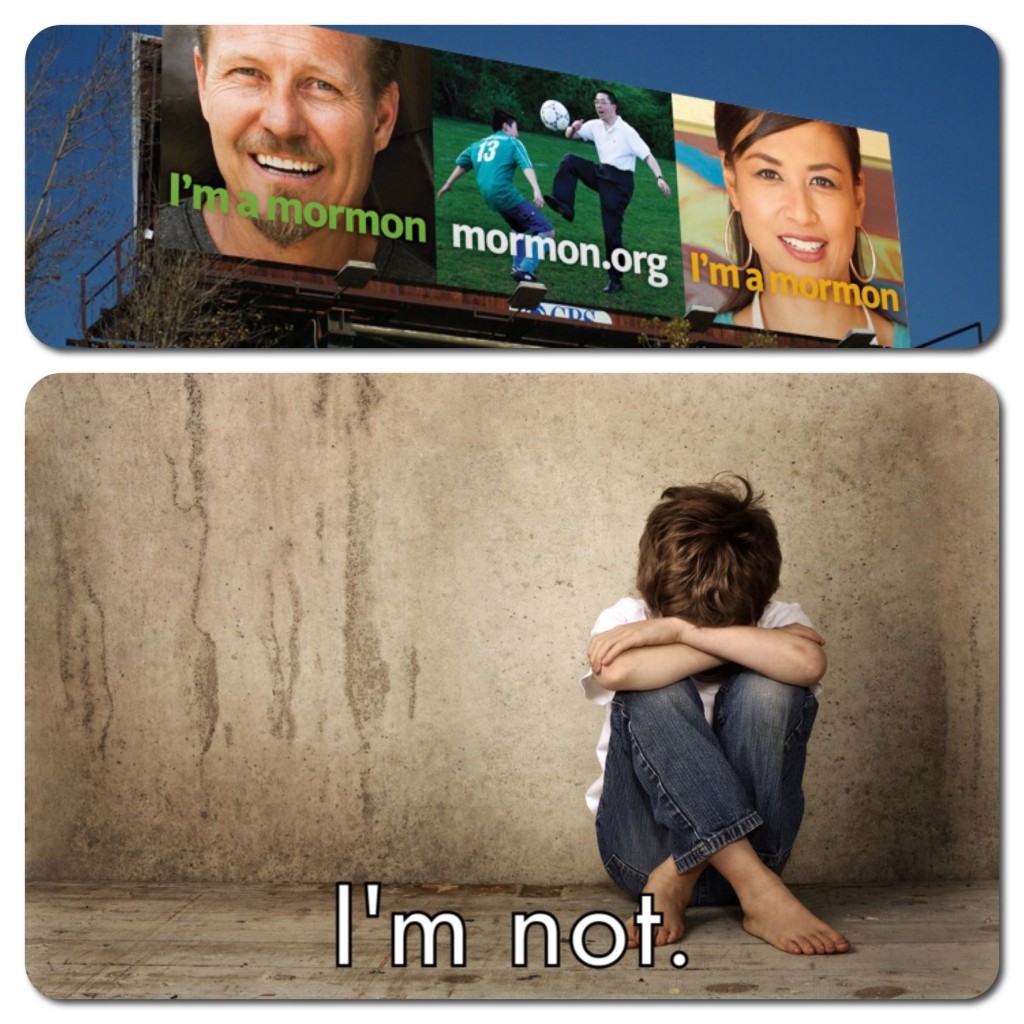
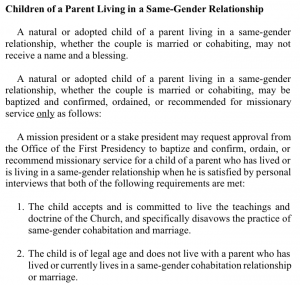
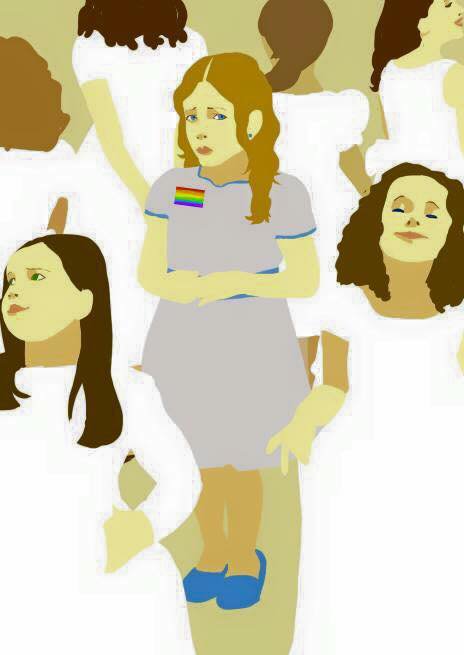
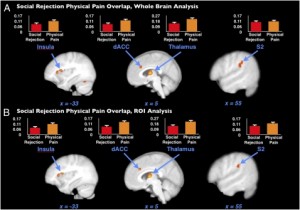
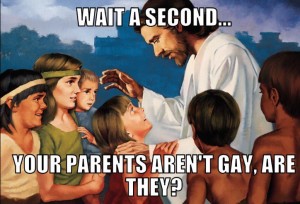
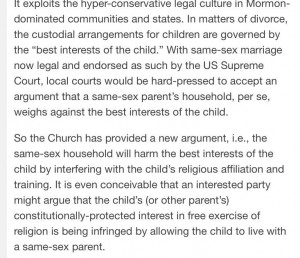
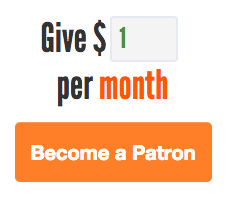
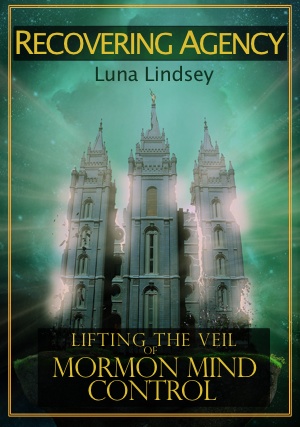
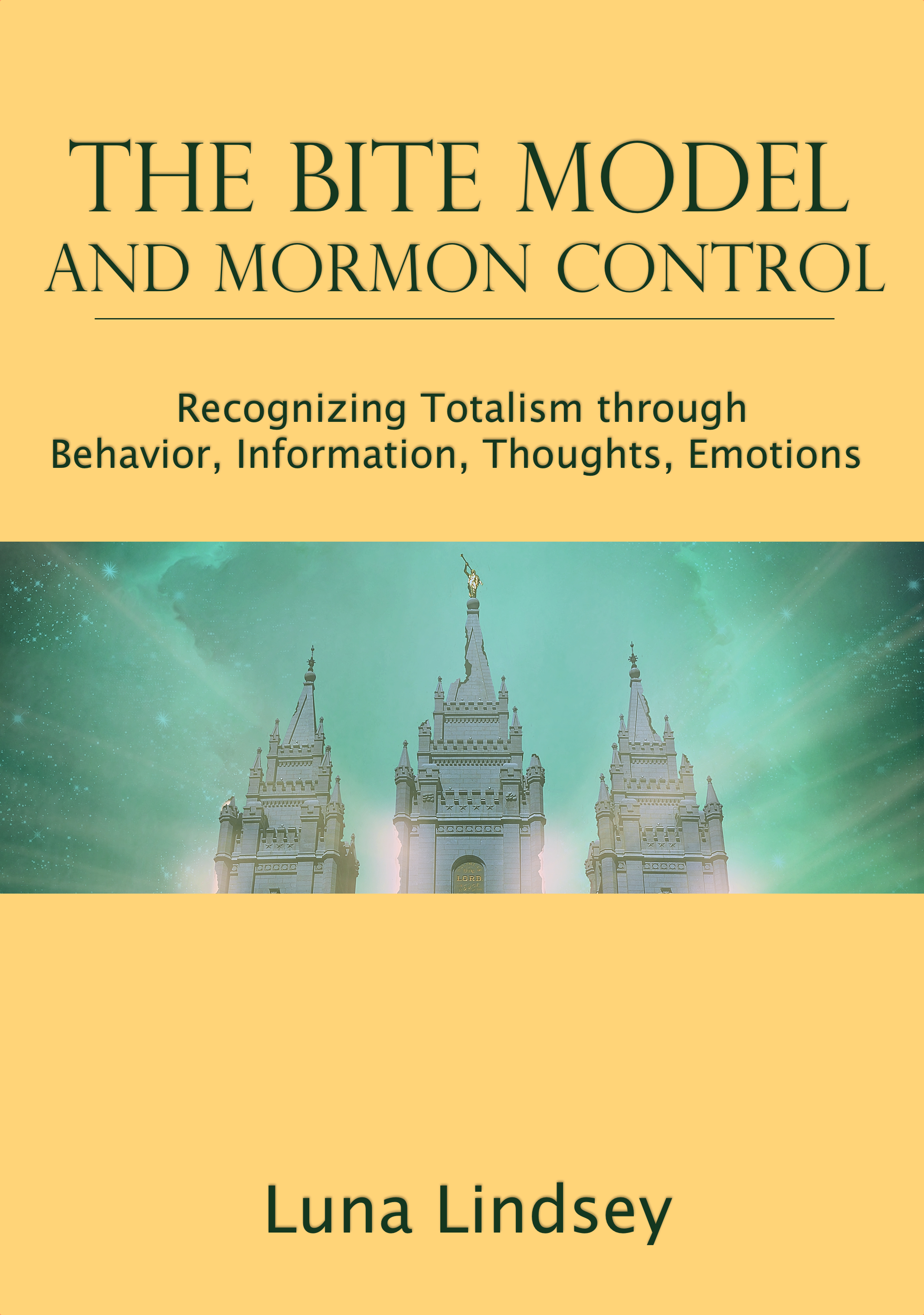
7 comments
1 ping
Skip to comment form
This is a powerful message. I love you for exposing your heart that others might heal.
I agree with you overall, though I can’t help but feel you may be overreaching in calling it “abuse.” If you called it socially abusive or some other term, in order to retain the distinction between rejection and abuse, I would be on board, because I think your analysis overall is really apt. And I get what you mean about same part of the brain processing both pain and rejection. I just don’t think that’s enough to go on to make the full jump to ostracism = abuse.
Said as someone who’s felt it rather acutely in life, myself.
On a side note, I really liked what you had to say about how and why marginal/ostracized kids actually find it very easy and appealing to join in the abuse when they get a chance… very insightful.
Anyway, aside from my categorical quibble, great point and analysis, and thanks for sharing that with us.
-Chris
Author
Thanks for your input, Chris, and I know where you’re coming from, because there was a time when I didn’t think of ostracism as abuse either. I mean, we can’t make people hang out with people they don’t want to be around, right?
That was before I was in a long-term abusive relationship where one of the main weapons wielded was abandonment. That became my carrot and stick that kept me locked in for many years, and because I didn’t realize that emotional abandonment was a form of abuse, I couldn’t see the whole system as abusive, and I couldn’t understand why I felt manipulated and abused when there were no signs of abuse.
When that reached a head, when it got bad enough to be obvious, I finally saw it for what it was and left.
I don’t flinch from calling it abuse anymore. I know it’s complicated, and we can’t be loving to everyone, and some people are annoying or toxic and we need to exclude them to protect ourselves… But I’m still going to call it abuse, especially when it’s done to people who *aren’t* annoying or toxic or the kind of people we need to protect ourselves from.
I don’t have any easy answers, but I’m also not going to shy away from calling this abuse. Which may not be rational, but when people are killing themselves over this? (Calls to Utah suicide hotlines have gone way up since this policy.) I’m not sure what else we can call it other than abuse, because that’s just how severe the effects are.
Weeping…weeping for you, weeping for me, weeping for all who have been injured!
Author
<3
Exclusion is abuse. Especially when it’s public shaming: unable to partake of the sacrament service, unable to pray at church, unable to comment in classes, or read scripture, or give talks, unable to be baptized (public right of passage), unable to receive the very public priesthood ordinances and young women’s advancements. These policies of exclusion are humiliating and designed to intimidate members from sinning. There is no way the practice was instituted from a loving, evolved, mature, perfected Heavenly Father. They are mean spirited policies, manipulative and spiteful. It’s institutional bullying. Tough love isn’t love. It’s bullying someone into submission. If that is coming from Christ or God, no thank you. The ends do not justify the means. That kind of thinking leaves a wake of damaged individuals on both sides of the aisle.
The only ones who don’t see the LDS exclusionary policy as abusive are the ones who haven’t felt personally felt it, or members who are so closed minded to anything counter to what “the brethren” have spoken. Unfortunately this is almost all of the active membership. These are the are unwitting accomplices used by church leadership to carry out their malice.
I love your work Luna. I always look forward to reading your thoughts.
Author
Thanks, Greg, and I agree with everything you say here. This whole situation has opened my eyes to bigger pictures, of how abuse ends up being celebrated and promoted by otherwise good people. We live in a culture of abuse, where we all learn how to minimize, excuse, and turn a blind eye, because that’s easier than admitting it’s abuse and that we’ve played a role in being the abusers.
[…] New Mormon LGBT Policy Promotes Child Abuse in God’s Name […]